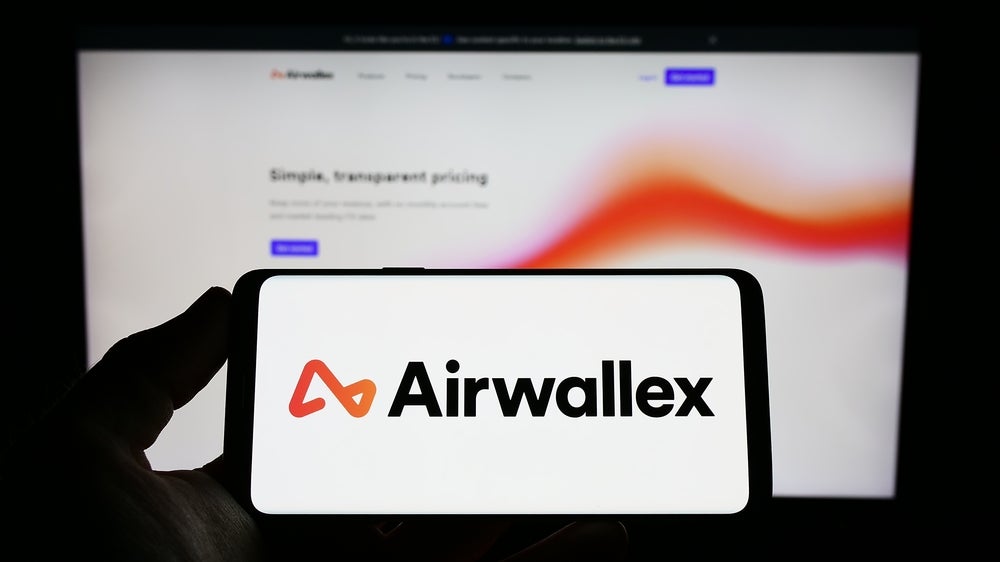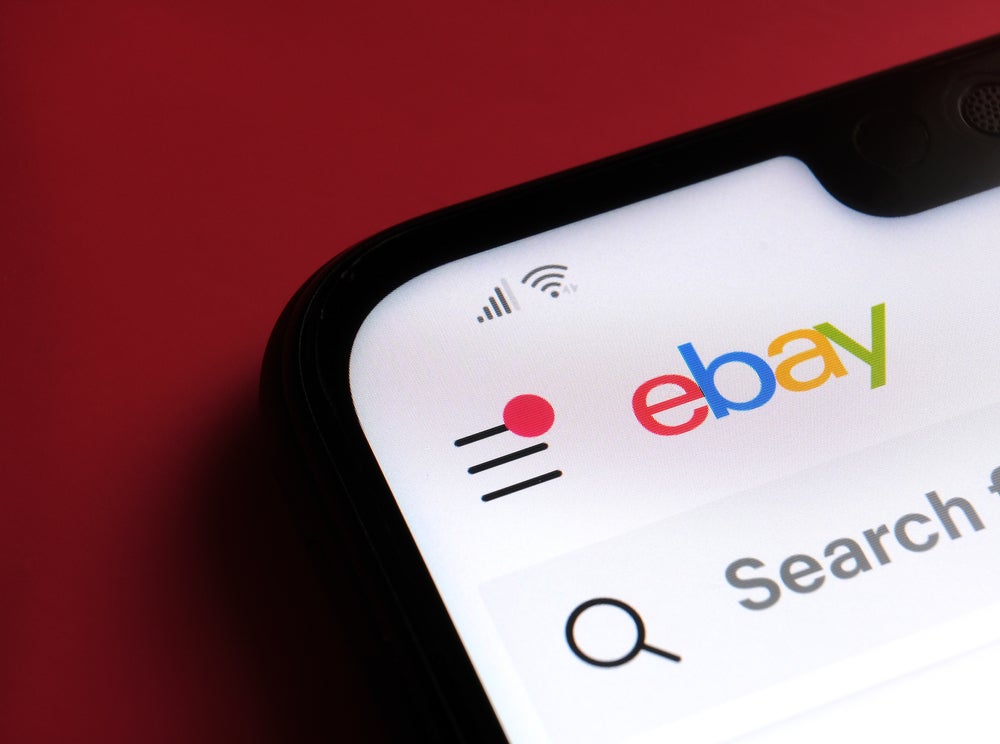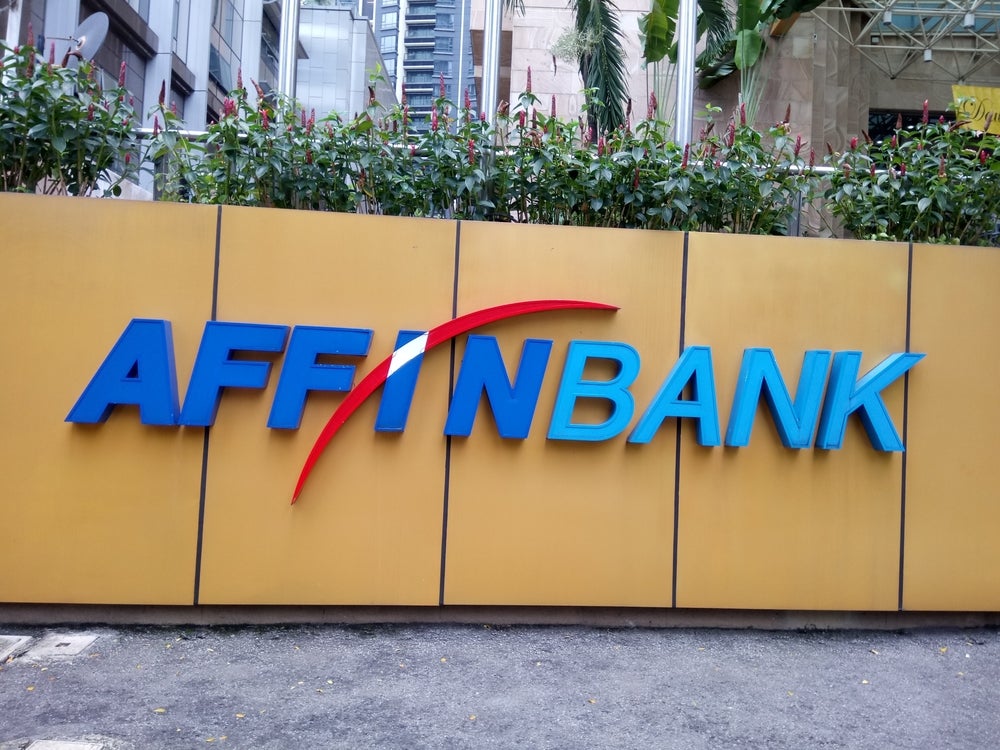major deals within the cards and consumer finance space, indicating
a realignment of business interests and future areas of expansion
for all involved. Truong Mellor reports on the
implications.
conglomerate General Electric (GE) has agreed to sell Corporate
Payment Services (CPS), its commercial card and corporate
purchasing business unit, to American Express for $1.1 billion in
cash. The sale also includes the purchase of GE’s patented and
renowned vPayment technology, which provides fast and efficient
payment for large ticket purchases. This platform allows for fraud
control over the processing of large transactions with the
provision of unique account numbers for each transaction that
expire once the sale is authorised.
travel and entertainment cards and purchasing cards to employees of
the company. Since then, it has expanded to serve over 300 large
corporate clients. The company is largely based in Salt Lake City,
and has approximately 350 employees. GE continues to be the unit’s
largest single client, and has signed a multi-year agreement to
become a client of American Express.
generated over $14 billion of global purchase volume in 2007, and
maintained $1.1 billion in receivables at year-end 2007. Its billed
business has grown at a compounded rate of 18 percent over the last
five years. The services offered by the unit are comparable to
those provided by American Express’s commercial card business,
which handles the travel, entertainment and purchasing spending by
employees of mid-sized companies to large corporations. Accounts
are typically paid in full at the end of each month, rather than
through a revolving credit account.
Deal strengthens Amex
The acquisition will strengthen the presence of American Express in
the commercial cards and T&E sectors, which have traditionally
been the core business of the company. It is only over the last
decade that it has diversified its business into the wider retail
market, and according to Francesco Burelli, cards and payments
specialist at management consultancy AT Kearney, the deal with GE
Money may be an indication of a new direction for American
Express.
portfolio, the increased risk profile of cardholders and the
diminishing net yields of retail card portfolios making a number of
issuers focus on their most profitable commercial card business, I
would not be surprised if American Express would not take steps in
the same direction, given its position of leadership in the T&E
and corporate cards business,” Burelli told CI.
large corporate customers, and Burelli believes that this is the
most crucial part of the deal for the company. “The vPayment
technology is another asset that cannot be undervalued, given its
unique features and the value that such a system brings in view of
raising levels of online fraud prevention, but my opinion is that
the underlying driver for the acquisition is the portfolio of
corporate customers and not the vPayment technology,” he adds. “CPS
services are similar to those offered by the commercial cards
business of Amex and the acquisition provides Amex with a valuable
growth opportunity.”
of Amex’s international banking subsidiary in order to pursue this
strategy. In February, the company sold its international banking
subsidiary, American Express Bank (AEB), to Standard Chartered for
a purchase price of approximately $823 million. The two companies
have also entered into a put and call arrangement, whereby American
Express can sell and Standard Chartered can buy American Express
International Deposit Company (AEIDC) 18 months from the time of
the sale.
distraction to Amex than anything else,” says Burelli. “AEB has
been rumoured to be up for sale for quite some time on the basis of
its limited role within the wider American Express group.”
immediately add to revenue, but diminish earnings slightly in the
first few years after completion. The anticipation for a small drop
in earnings is based on the expectation that the funds used to buy
the Corporate Payment Services unit would have otherwise been used
to repurchase American Express common shares. As part of the
transaction, American Express will also replace the approximately
$1 billion debt that supports the receivables of the Corporate
Payment Services business.
management services is a top priority for American Express,” said
Anré Williams, President of American Express’s Global Commercial
Card & Services. “Acquiring Corporate Payment Services adds to
our purchasing card capabilities and gives us the opportunity to
accelerate our growth. In addition, Corporate Payment Services also
has excellent credit metrics and a premium client base.”
Bruyette & Woods, told CI: “The cards currently operate on
competitor networks (it appears mainly MasterCard) and will be
transitioned over to Amex. Relative to our assumptions, we estimate
that this business would be accretive to Amex’s worldwide billed
business volume growth by about 150-200 basis points, assuming all
of the customers convert to Amex cards at the time of the closing.
However, it is likely that volume (and accounts) will be phased in
over the course of the year, making the contribution somewhat less
muted than our estimates in 2008.”
corporate and T&E sector, Burelli is interested to see whether
Amex will start playing a more active role in the wider corporate
payments space. “I would not be expecting Amex to start playing in
the real-time gross settlement systems space. Given its position in
commercial cards, there could be a potential complementary
extension into the payments flows associated with corporate value
chain integration as well as e-billing and procurement services,
either as an extension of the functionality provided by commercial
cards or by exploring opportunities within the automated clearing
house (ACH) space,” he explains.
increasingly important as the US economy slows down, and with
commercial card payments being perhaps the only bright spot on the
horizon, Amex’s acquisition of CPS could help to buffer it against
weaker earnings in its consumer operations (see figure 2)
established that the economy grew at an annual rate of 0.6 percent
in the fourth quarter of 2007, while Amex announced that consumer
spending slowed down in December last year, a trend it says it
expects to continue in 2008. The company reported a 6 percent
decline in fourth quarter 2007 earnings from continuing operations
after taking a $438 million charge for deteriorating credit in its
US cards operations. In anticipation of further credit losses this
year, Amex has announced that it is building reserves to offset
this.
Money is not the first time the two companies have joined forces.
In August 2007, they both entered into a partnership that saw GE
Money issue American Express-branded credit cards in Japan. But
what this deal may signify is the effects of the subprime meltdown
and resulting credit crisis on American Express, a company that had
until recently been considered impervious to the worsening credit
conditions as it has a book primarily focused on affluent
customers. Announcing its fourth quarter 2007 results in late
January, American Express reported a 10 percent drop in net income
to $831 million or $0.71 per share, lower than $922 million or
$0.75 per share at the same time during the previous year.

GE Money and Santander
How well do you really know your competitors?
Access the most comprehensive Company Profiles on the market, powered by GlobalData. Save hours of research. Gain competitive edge.

Thank you!
Your download email will arrive shortly
Not ready to buy yet? Download a free sample
We are confident about the unique quality of our Company Profiles. However, we want you to make the most beneficial decision for your business, so we offer a free sample that you can download by submitting the below form
By GlobalDataGE Money has also recently reached an agreement with Spanish
banking giant
Santander, whereby GE Money will take control of Santander’s
Italian commercial banking unit, Interbanca, which was acquired as
part of the ABN AMRO purchase by the Royal Bank of
Scotland/Santander/Fortis consortium in 2007. However, the
agreement also means that Santander will acquire GE’s businesses in
Germany, Finland and Austria as well as its cards and auto
financing operations in the UK. The Spanish bank will look to
combine these businesses with its existing consumer finance and
cards divisions.
interest of GE Money, our individual businesses and GE’s
shareholders, and allows us to optimise our own portfolio for
continued growth in investment, while meeting GE’s strategic
objective of redeploying assets in financial services,” said
William Cary, CEO of GE Money.
Money comes after its parent company, GE, envisaged thorny consumer
market conditions in 2008, particularly in the US, and said it
would reconsider elements of its GE Money business. Jeffrey Immelt,
CEO of GE, had already conceded that the group was looking to
“partner or exit” in private-label cards, which make up part of the
operations it is selling in the UK.
the subprime crisis, GE is also currently looking into shedding
some of its consumer finance interests in Canada, including its
near-prime alternative mortgage lending business. While
Toronto-Dominion Bank is rumoured to be one of the institutions
interested, both companies are remaining tight-lipped for the time
being.
interests in sluggish credit card markets such as the UK and the
US, GE Money is looking to increasingly focus on developing markets
such as India and Poland. The deal with Santander allows the
company to redeploy its assets in these emerging areas. In 2007,
approximately 75 percent of GE Money’s sales and more than 65
percent of its profit came from markets outside the US.
existing consumer finance businesses by around 20 percent and is
expected to generate synergies of €140 million ($219.2 million)
over three years. Its consumer finance business contributed 24
percent of the group’s €7.8 billion net operating income in 2007,
an increase of 55 percent.
market with a small consumer finance business as well as through
its private banking operations. It also has non-strategic financial
stakes in Italian banks of less than 2 percent, which includes
UniCredit and Banca Monte dei Paschi di Siena.
UK and Austria, where it can generate clear cost savings through
this deal with GE Money. The swap also means the bank gains access
to the lucrative Finnish market. Santander will acquire 136
branches, 100 of which are in Germany and other 36 in Austria. It
will also take over contracts that GE Money has with auto finance
dealers in all of the markets. A large part of the GE Capital
portfolio, around 70 percent of the lending, is focused on auto
finance, making it a good fit for Santander’s existing product mix.
The bank will also take on GE Money’s affinity cards business in
the UK, which will have clear cost synergies for the bank and
complement its existing consumer finance business.








